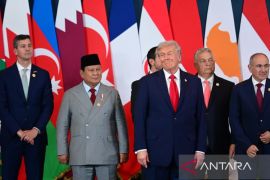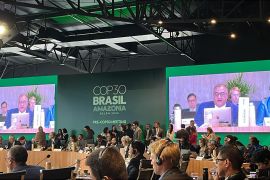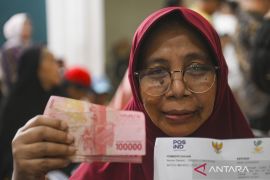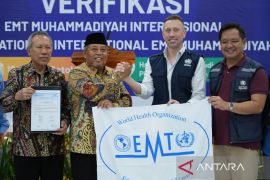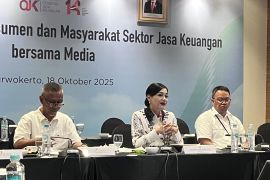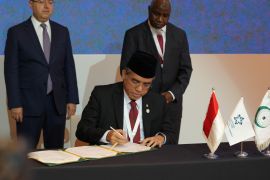"We are able to supply not only six but up to eight million tons," the secretary general of Indonesia Palm Oil Association (GAPKI), Togar Sitanggang, said in a press release received here on Monday.
In a Colorful Indonesia Festival in Paris, France, on Saturday he said Indonesia was able to meet demand of the European market upon condition that EU countries could accept Indonesian Sustaiable Palm Oil certification.
"Accepting ISPO certificate means recognizing the Indonesian governments credibility because ISPO certification is a compulsory standard imposed by the Indonesian government," he said.
The EU that consists of 27 countries is currently the second biggest palm oil market after India. Based on GAPKI data of 2016 the countrys palmoil export to the EU reached 6.6 million tons.
The worlds biggest palm oil market is India reaching 10.25 million tons while China is the third biggest at 5.15 million tons.
"Indonesia remains to be the worlds palm oil producer with its production last year reaching 33.4 million tons," Sitanggang said.
In the event initiated by the Indonesian embassy in Paris Togar Sitanggang also explained about deforestation in the country which is blamed on oil palm plantations.
He said "deforestation that is carried out by oil palm plantations is status deforestation. It means changing a forest area that has no more trees as a result of logging by forest concessionaires into another land use area."
He said expansion in soybean plantations is even more massive reaching eight million hectares in the world in the past three years compared to only 6.4 million hectares in oil palm plantations.
"Indonesia menawhile has no longer conducted expansion in oil palm plantations because the government has imposed a moratorium for the past five years," he said.(*)
Editor: Heru Purwanto
Copyright © ANTARA 2017
